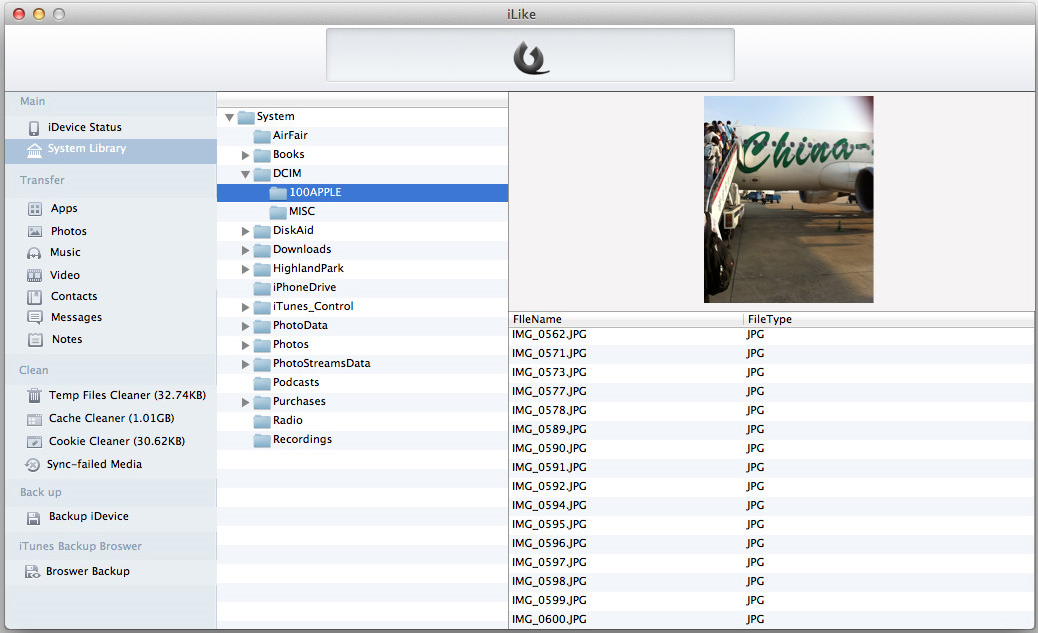

Like LIKE, the SIMILAR TO operator succeeds only if its pattern matches the entire string this is unlike common regular expression behavior where the pattern can match any part of the string. SQL regular expressions are a curious cross between LIKE notation and common (POSIX) regular expression notation. It is similar to LIKE, except that it interprets the pattern using the SQL standard's definition of a regular expression. The SIMILAR TO operator returns true or false depending on whether its pattern matches the given string.

SIMILAR TO Regular Expressions string SIMILAR TO pattern In some obscure cases it may be necessary to use the underlying operator names instead.Īlso see the starts-with operator and the corresponding starts_with() function, which are useful in cases where simply matching the beginning of a string is needed.ĩ.7.2.

The phrases LIKE, ILIKE, NOT LIKE, and NOT ILIKE are generally treated as operators in PostgreSQL syntax for example they can be used in expression operator ANY ( subquery) constructs, although an ESCAPE clause cannot be included there. You may see these operator names in EXPLAIN output and similar places, since the parser actually translates LIKE et al. All of these operators are PostgreSQL-specific. There are also !~~ and !~~* operators that represent NOT LIKE and NOT ILIKE, respectively. The operator ~~ is equivalent to LIKE, and ~~* corresponds to ILIKE. This is not in the SQL standard but is a PostgreSQL extension. The key word ILIKE can be used instead of LIKE to make the match case-insensitive according to the active locale. PostgreSQL's behavior in this regard is therefore slightly nonstandard. This effectively disables the escape mechanism, which makes it impossible to turn off the special meaning of underscore and percent signs in the pattern.Īccording to the SQL standard, omitting ESCAPE means there is no escape character (rather than defaulting to a backslash), and a zero-length ESCAPE value is disallowed. It's also possible to select no escape character by writing ESCAPE ''. See Section 4.1.2.1 for more information. If you have standard_conforming_strings turned off, any backslashes you write in literal string constants will need to be doubled. To match the escape character itself, write two escape characters. The default escape character is the backslash but a different one can be selected by using the ESCAPE clause. To match a literal underscore or percent sign without matching other characters, the respective character in pattern must be preceded by the escape character. Therefore, if it's desired to match a sequence anywhere within a string, the pattern must start and end with a percent sign. LIKE pattern matching always covers the entire string. An underscore ( _) in pattern stands for (matches) any single character a percent sign ( %) matches any sequence of zero or more characters. If pattern does not contain percent signs or underscores, then the pattern only represents the string itself in that case LIKE acts like the equals operator. An equivalent expression is NOT ( string LIKE pattern).) (As expected, the NOT LIKE expression returns false if LIKE returns true, and vice versa. The LIKE expression returns true if the string matches the supplied pattern.


 0 kommentar(er)
0 kommentar(er)
